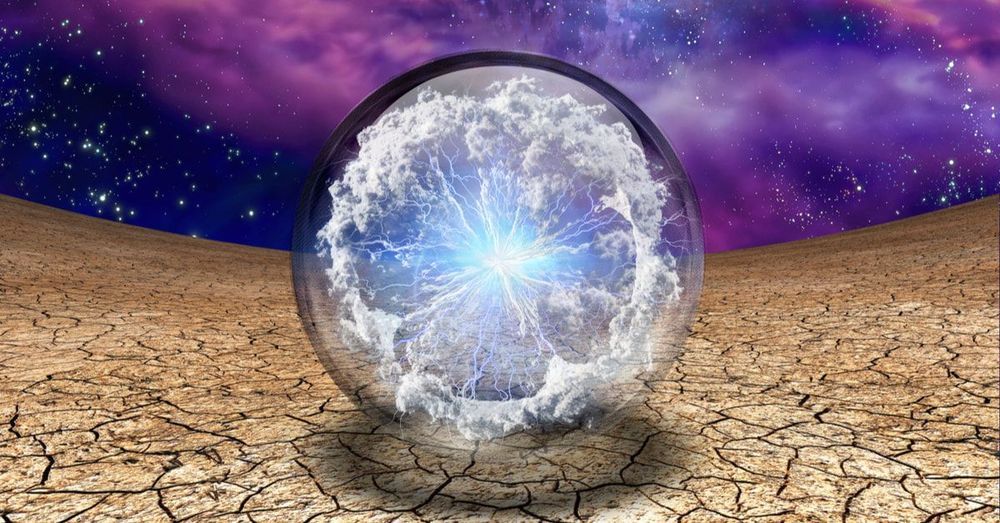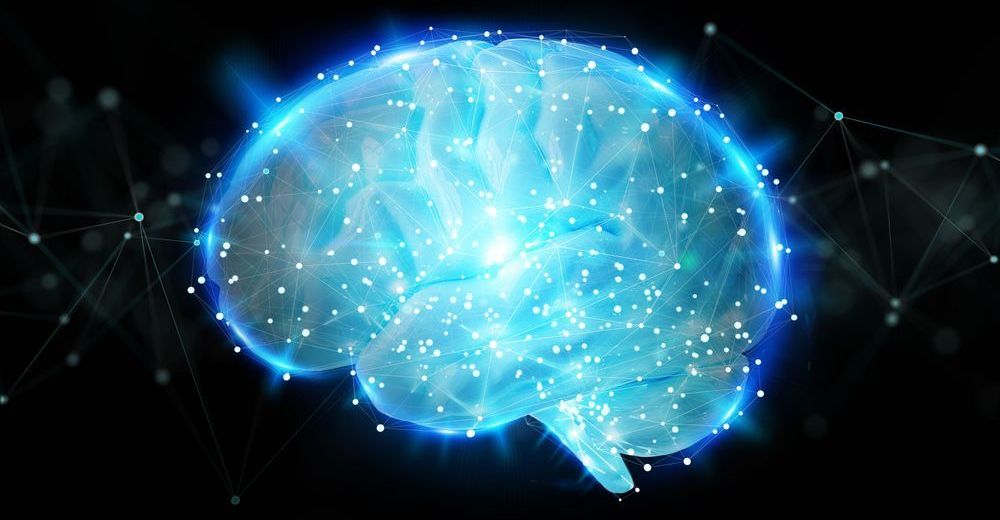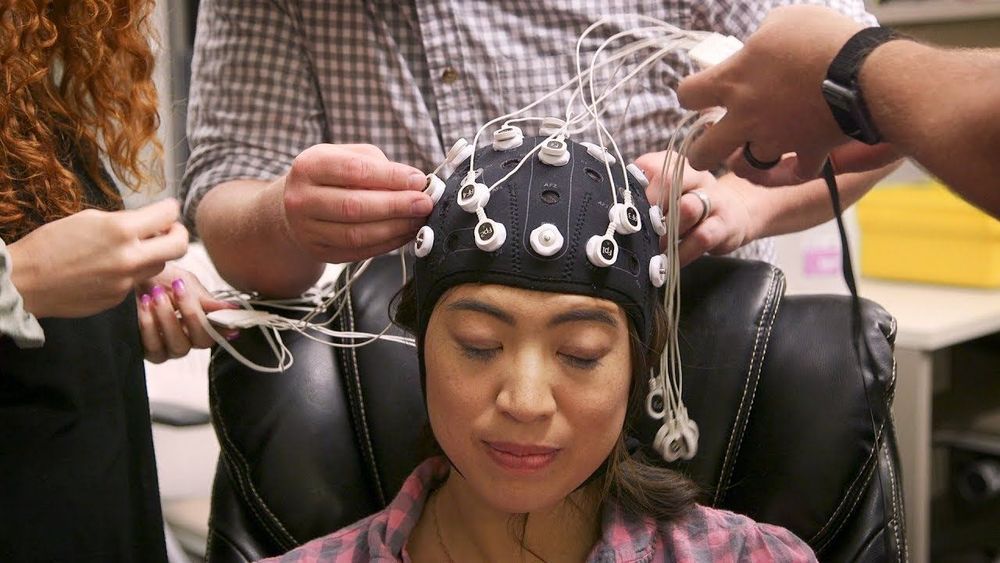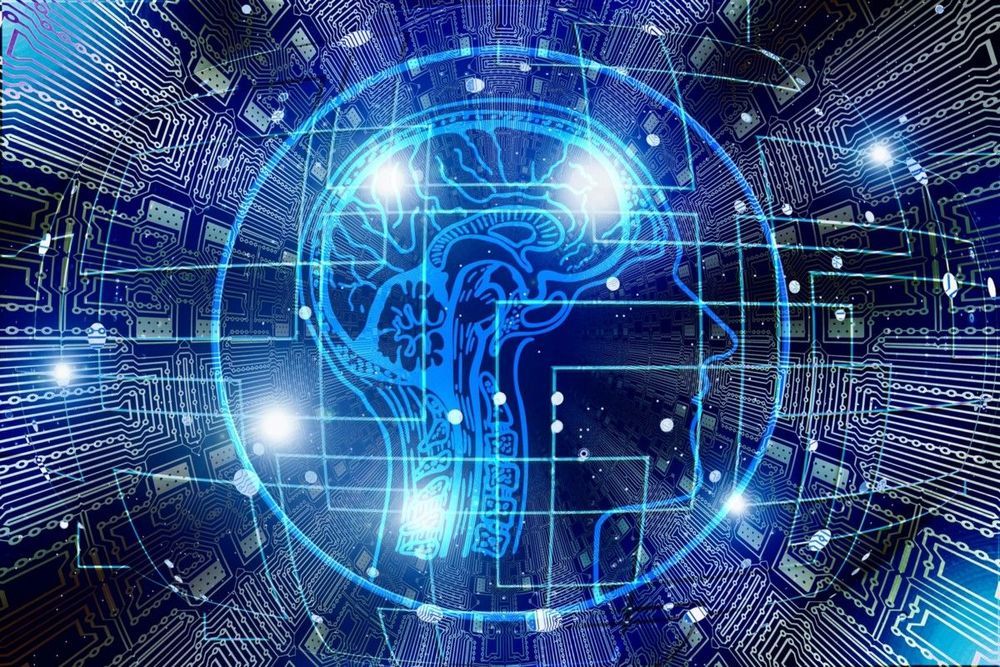Oct 23, 2019
The Ouroboros Code: Self-Reference is the Name of the Game
Posted by Alex Vikoulov in categories: computing, cosmology, mathematics, neuroscience, quantum physics
“If you are not convinced by the idea of reductive materialists that consciousness magically emerges from complexity in material structures or processes or if you are not satisfied with the viewpoint of idealists that matter is a mere thought form, then the present hypothesis may be something for you,” writes Dr. Antonin Tuynman when presenting his new book The Ouroboros Code. https://www.ecstadelic.net/top-stories/the-ouroboros-code-se…f-the-game #OuroborosCode
In “The Ouroboros Code” I will address the cybernetic dynamics of consciousness. Starting from the premise that Consciousness is the Ontological Primitive, I will propose mechanisms which may explain how a digital mathematical and material existence can be generated. Digging into Category Theory, Computational Simulacra and Quantum Computing, I will explore the mechanics of self-sustaining self-referential feedback loops as the Modus Operandi of Consciousness.
Let’s dive in the vortex of kaleidoscopic reflections, the wormhole of a dazzling “mise-en abyme” of recursiveness and the roller-coaster of the quantum non-locality. Explore the map which is the territory simultaneously by drawing your map of maps. Discover the non-dual bridge closing the gap between Science and Spirituality.
Continue reading “The Ouroboros Code: Self-Reference is the Name of the Game” »


















